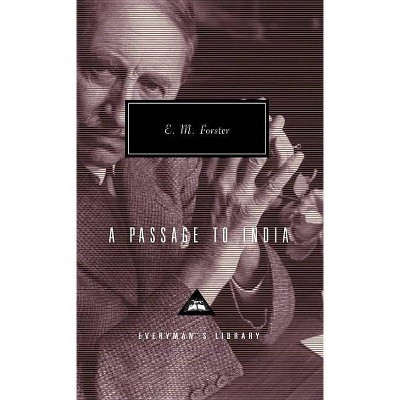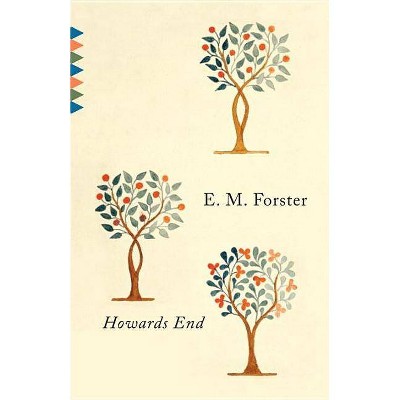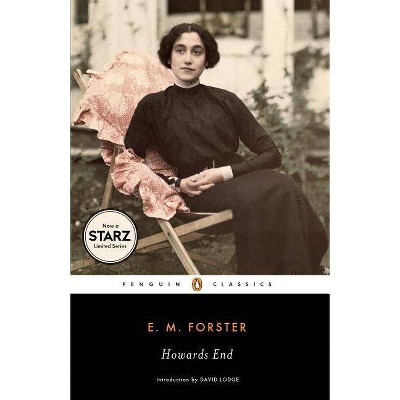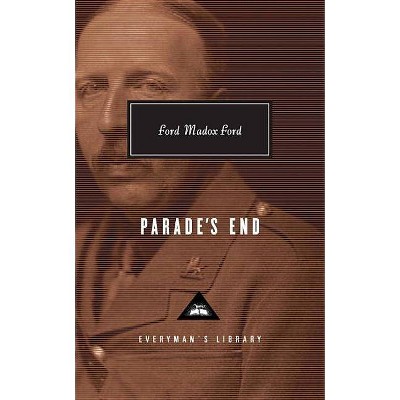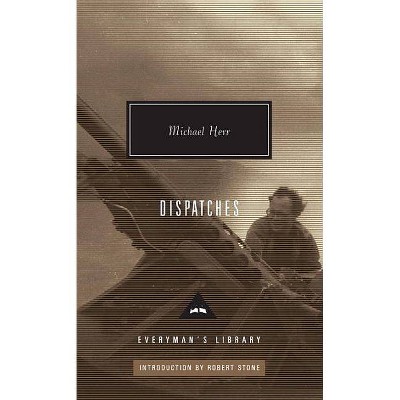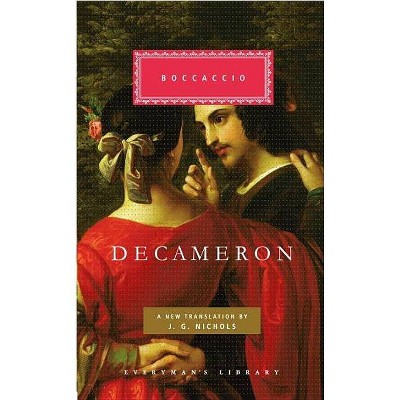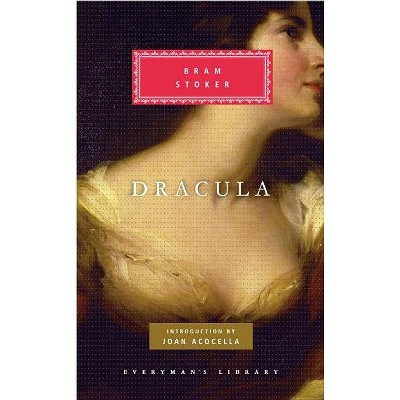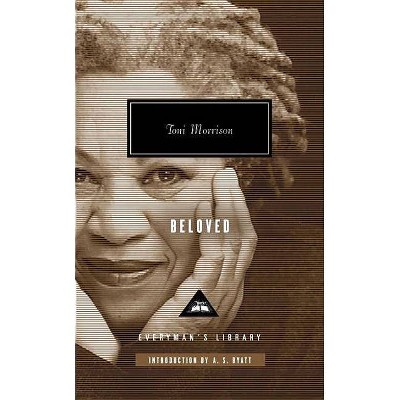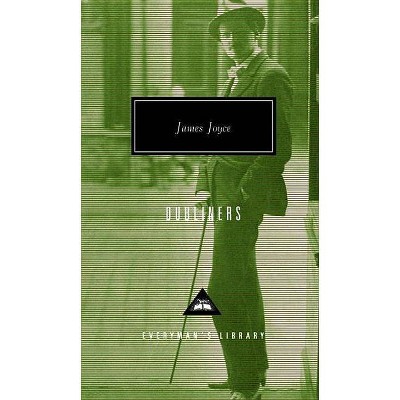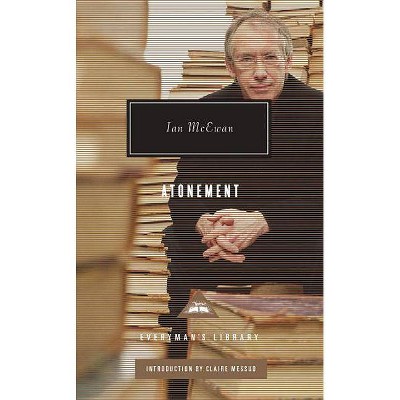Howards End - (Everyman's Library Contemporary Classics) by E M Forster (Hardcover)
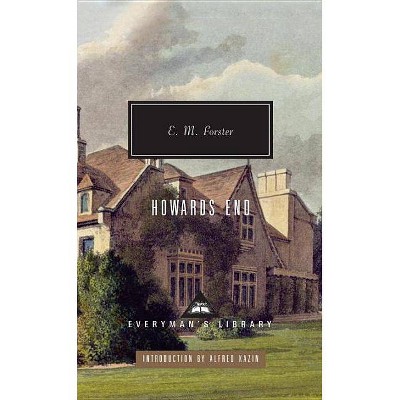
Similar Products
Products of same category from the store
AllProduct info
<p/><br></br><p><b> Book Synopsis </b></p></br></br><p>First published in 1910, <i>Howards End</i> is the novel that earned E. M. Forster recognition as a major writer. Soon to be a limited series on Starz. <p/>At its heart lie two families--the wealthy and business-minded Wilcoxes and the cultured and idealistic Schlegels. When the beautiful and independent Helen Schlegel begins an impetuous affair with the ardent Paul Wilcox, a series of events is sparked--some very funny, some very tragic--that results in a dispute over who will inherit Howards End, the Wilcoxes' charming country home. <p/>As much about the clash between individual wills as the clash between the sexes and the classes, <i>Howards End</i> is a novel whose central tenet, Only connect, remains a powerful prescription for modern life. <p/>Introduction by Alfred Kazan</p><p>(Book Jacket Status: Not Jacketed)</p><p/><br></br><p><b> From the Back Cover </b></p></br></br>Howards End is a novel of ideas, not brute facts; in many respects it is an old kind of novel, playful in the eighteenth-century sense, full of tenderness toward favorite characters in the Dickens style, inventive in every structural touch but not a modernist work.<p/><br></br><p><b> Review Quotes </b></p></br></br><br>"<b>Howards End</b> is a classic English novel . . . superb and wholly cherishable . . . one that admirers have no trouble reading over and over again," said Alfred Kazin. <p/>"<b>Howards End</b> is undoubtedly Forster's masterpiece; it develops to their full the themes and attitudes of [his] early books and throws back upon them a new and enhancing light," wrote the critic Lionel Trilling.<br><p/><br></br><p><b> About the Author </b></p></br></br>Edward Morgan Forster was born in London in 1879, attended Tonbridge School as a day boy, and went on to King's College, Cambridge, in 1897. With King's he had a lifelong connection and was elected to an Honorary Fellowship in 1946. He declared that his life as a whole had not been dramatic, and he was unfailingly modest about his achievements. Interviewed by the BBC on his eightieth birthday, he said: 'I have not written as much as I'd like to . . . I write for two reasons: partly to make money and partly to win the respect of people whom I respect . . . I had better add that I am quite sure I am not a great novelist.' Eminent critics and the general public have judged otherwise and in his obituary <i>The Times</i> called him 'one of the most esteemed English novelists of his time'.He wrote six novels, four of which appeared before the First World War, <i>Where Angels Fear to Tread </i>(1905), <i>The Longest Journey </i>(1907), <i>A Room with a View</i> (1908), and <i>Howard's End</i> (1910). An interval of fourteen years elapsed before he published <i>A Passage to India.</i> It won both the Prix Femina Vie Heureuse and the James Tait Black Memorial Prize. <i>Maurice</i>, his novel on a homosexual theme, finished in 1914, was published posthumously in 1971. He also published two volumes of short stories; two collections of essays; a critical work, <i>Aspects of the Novel; The Hill of Devi</i>, a fascinating record of two visits Forster made to the Indian State of Dewas Senior; two biographies; two books about Alexandria (where he worked for the Red Cross in the First World War); and, with Eric Crozier, the libretto for Britten's opera <i>Billy Budd</i>. He died in June 1970.
Price History
Price Archive shows prices from various stores, lets you see history and find the cheapest. There is no actual sale on the website. For all support, inquiry and suggestion messages communication@pricearchive.us
